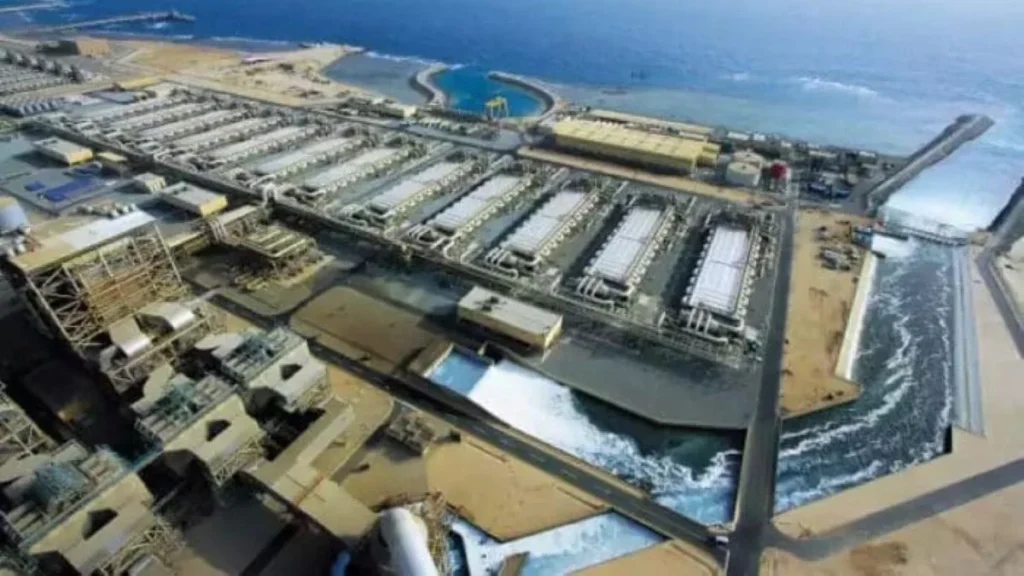Faced with a prolonged water crisis, Morocco is strengthening its strategy for access to drinking water by betting on seawater desalination. As the country experiences its seventh consecutive year of rainfall deficit, authorities are multiplying desalination plant projects to secure water needs for both domestic consumption and agriculture.
To date, 17 stations are already in operation across the territory. Four new ones are under construction, and a new program plans to establish nine additional units. The stated goal is to increase production capacity to nearly 2 billion cubic meters of desalinated water per year by 2030. This is a massive response to a drought that, season after season, is lowering the levels of reservoirs, such as the Abdelmoumen dam near Agadir, which has become emblematic of national water stress.
However, while desalination appears to be an essential solution in an arid country, it also raises major environmental issues. The process is extremely energy-intensive. Globally, the approximately 20,000 existing units are largely powered by fossil fuels, exacerbating greenhouse gas emissions. This is a contradiction for a country that is trying to adapt to climate disruptions.
To circumvent this pitfall, Morocco is relying on its strengths in renewable energy, particularly in the southern provinces. An electrical line of over 1,000 kilometers is planned to transport this green electricity to the desalination facilities. However, this technological and logistical bet remains to be realized.
Another challenge is the direct ecological impact on the oceans. The process discharges hyper-saline water laden with chemicals back into the sea, a harmful cocktail for marine life that weakens the oceans’ ability to absorb carbon dioxide. This, paradoxically, could reinforce the warming phenomenon that desalination seeks to mitigate.
Between water urgency and ecological imperatives, Morocco is thus walking a fine line. Desalination is necessary, but its widespread implementation must be accompanied by increased vigilance regarding its side effects.


